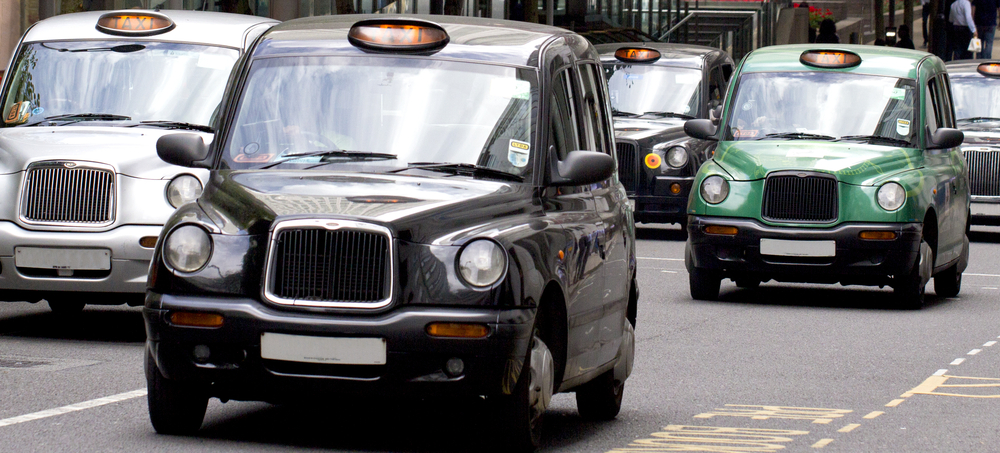Electric London cabs spur reopening of UK aluminium plant

Sapa, an aluminium component producer owned by Norway’s aluminium group Norsk Hydro, had closed several of their factories in recent years due to excess capacity. However, the aluminium extrusion producer is reopening a British plant in Wales to supply material for the country’s first electric vehicle factory. As London’s mayor Boris Johnson introduced rules this past April stating that all of the city’s cabs must be either fully electric or at least hybrid by January 2018, Britain has opened as a great target market for this industry.
While the auto sector only makes up for 15 percent of Sapa’s global business, according to John Thuestad, the producers’ head of extrusion for Europe, it currently drives the majority of their growth.
Geely has joined the trend of many other automakers, who are more commonly mass-producing electric vehicles, by opening a factory in central England
Thus, the company will be investing 9.6 million pounds ($13 million) to reopen the Wales plant of 148 components and eventually, 130 workers. Sapa announced this past Monday that the plant will provide lightweight aluminum material to be used for the production of London electric taxi cabs by the Chinese company called “Geely’s The London Electric Vehicle Company Provision.”
Geely has joined the trend of many other automakers, who are more commonly mass-producing electric vehicles, by opening a factory in central England in March. The Chinese automaker company has representatives who stated that company’s objectives are to produce 10,000 vehicles a year for both British and oversea markets. Many see the openings of these aluminium and electric car producing factories as a positive means in bringing new investment opportunities for Britain, which some had worried about due to the risks that come with current negotiations of a divorce from the EU.
But why aluminum for the taxi cabs? In comparison to usage of materials such as steel, automakers can get weight savings of up to 50%, which improves the energy efficiency of vehicles. According to Barnaby Struthers, Sapa’s business development manager for Britain, reopening of the Wales plant “is geared up to support the booming automotive industry in the UK and [they] see the trend absolutely continuing towards aluminium as a solution for [automakers’] lightweighting challenges.”
More News
Contract worker dies at Rio Tinto mine in Guinea
Last August, a contract worker died in an incident at the same mine.
February 15, 2026 | 09:20 am
{{ commodity.name }}
{{ post.title }}
{{ post.date }}




Comments